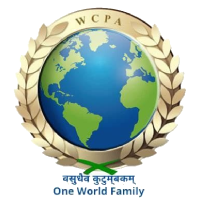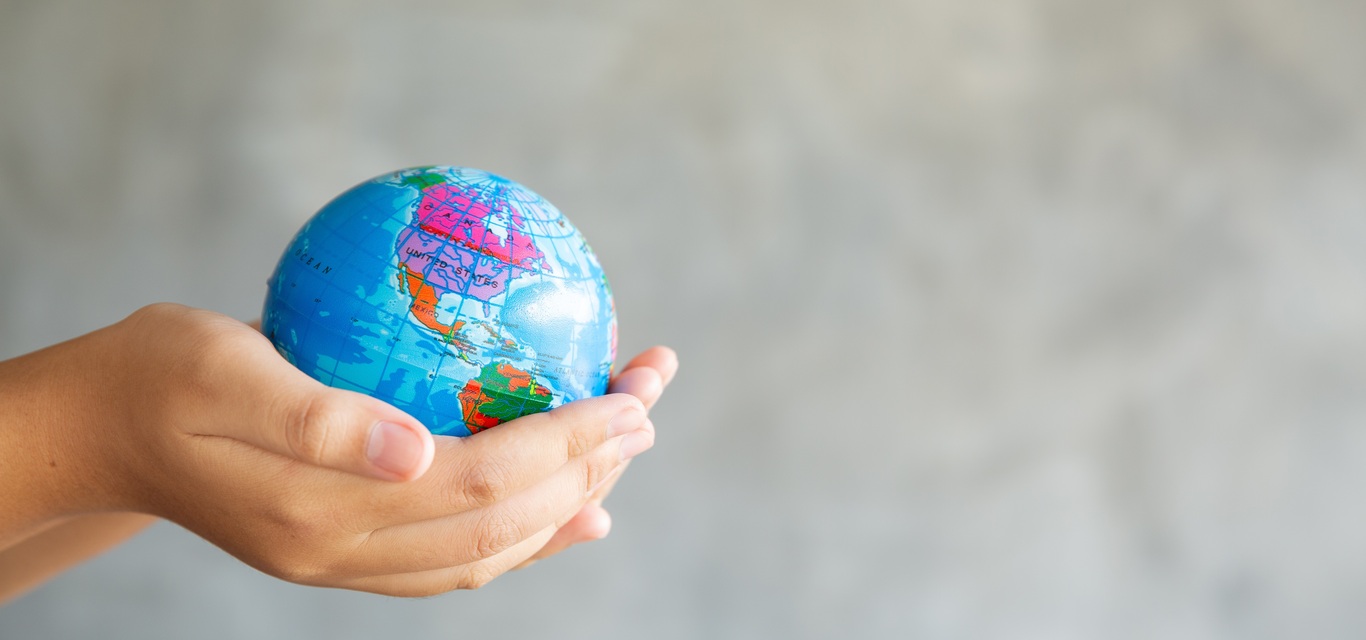WLA 30. World Water Act
Water Act
Preamble
Water belong to the planet and to all human and other living beings on this planet and no person has a right to make an abusive usage of water or illegally appropriate water for a financial profit.
Water is an element essential to life and the preservation of nature, water is life.
Water is a fundamental need for everyone and all living beings must have access to it
Fair access to water, in quantity and quality, is an essential step towards sustainable development and the reduction of poverty
Citizens, particularly native populations, and young people and women, must be recognised as important decision-makers in the governance of water.
Water must be considered as a basic element contributing to social solidarity and equity between communities, countries, societies, and generations
The international community, public authorities at all levels and civil society shall work together as trustees of water to ensure that all living beings have access to potable water and water treatment
All peoples are responsible for water protection
Countries sharing the same water basin shall collaborate in order to find solutions to problems related to water.
This Water Act has been drawn directly from the Water Act of the World Youth Parliament, meeting at the assembly Nationale, Quebec, 22nd November 2002.
Be it therefore enacted by the Provisional World Parliament:
Principles- Water is part of the world heritage.
- Water, like air, is part of the public domain.
- Essay access to potable water and sanitation is a human right. Clean water is a fundamental right of all living beings.
- No one should waste or pollute water
- Water is a limited natural resources that is fundamental to life in all its forms and essential to the health and prosperity of all peoples and to political stability in the world: if must not be considered as merchandise in its natural state unless it is transported.
- The World Parliament and national parliaments, in conformance with World Law, shall enact legislation to ensure that the use of water resources procures to all human beings:
- to educate the public through school programs, community campaigns and outreach
- to regulate corporate activities
- in cases where water issues transcend national boundaries, to create mechanisms to fairly adjudicate the usage of water
- to assert the necessity to adapt activities to the environment to ensure that human activities and the use of water resources are premised on the mandatory consideration of protecting nature and maintaining or rebuilding the natural cycle of water
- to manage water from a perspective of sustainable development to satisfy human needs
- to procure the means to pursue agricultural, economic, industrial and social activities
- to procure the means to produce renewable energy to carry on legitimate human activities
- to preserve the wetlands, the aquatic environment and vegetation.to ensure that every new water basin strategy is planned in consultation with the inhabitants while taking into account the needs of users
- to apportion the costs relating to access to water and to the treatment and purification of water on the basis of the economic capacity of users of water employed to produce goods to secure, for both present and future, access to potable and clean water for the essential needs of human beings
- to provide to build sanitation facilities as well as for the recovery and treatment of waste water originating from the population.
- to implement water management policies
- to preserve environments in which water originates or through which water flows and for the underground reservoirs and natural or artificial pools that receive the water, that is, management based on natural watersheds and deep ground water
- to create, at the local, regional and international levels, a system of sustainable water management system that, in the natural units that are river basins, reconciles development and environmental protection with user participation, while taking account of financial needs of people
- to educate the population and regulate corporations’ activities relating to water, in conformance with world law as enacted by the Earth Federation.
- In cases where water issues cross national boundaries, the Earth Federation will create mechanisms to fairly adjudicate usage of water.
- to ensure that the use of water resources procedures to all human beings national and to guarantee fair and equitable use of water resources
- to adapt activities to the environment and to see. that human activities and the use of water resources are recognized as being premised on the mandatory taking into consideration of protecting nature and maintaining or rebuilding the natural cycle of water to manage water from a perspective of sustainable development.
- to pursue agricultural, economic, industrial and social activities to produce renewable energy so that they are able to carry on their activities
- to reserve the use of water in prescribed region and environments for determined and exclusive purpose and uses only
- to apportion the costs relating to access to water and to the treatment and purification of water on the basis of the economic capacity of users of water employed to produce goods so as to secure, for both the present and the future, access to potable and clean water for the essential needs of human beings
- to provide for setting up sanitation facilities as well as for the recovery and treatment of waste water originating from the population.
- to regulate the use of pesticides and other toxic products so as to prevent water contamination and
- to encourage the use of innovative alternatives to pesticides that are ecologically sustainable.
- to increase awareness about water issues through school programs, community campaigns and outreach
- to improve the knowledge and understanding of water resources, particularly as regards young persons, so that those resources may be better developed, managed and protected
- . to enhance knowledge and information and the monitoring of technological expertise and know-how on water so that it may be transferred to all social levels, local, national and international
- to delegate water resource management powers to local, regional and national institutions.
- to ensure that the social, recreational and economic value of water is recognized at all levels and
- to reinforce the local, regional, national and international institutions responsible for water resource management.
- In view of the fact that water is part of the world heritage, the world parliaments shall endeavour to secure a solidarity and democratic commitment at the international regional and local levels.
- to protect, restore and develop water environments
- to integrate all aspects of the development, management and protection of water environments shared by human beings in different countries
- to ensure a strong partnership that will manage, through an active networking technology, the problems pertaining to water from river basins or from watersheds shared by two or more countries.
- to ensure, because it is fundamental right, that all human beings are able to depend on an equitable distribution of and access to water
- to provide for mandatory measures to be applied to settle disputes over water in a peaceful and equitable manner.
- to set up an world fund to assist economically deprived countries protect, restore and develop water environments and
To develop plans to further enable the world water ministry, the provisional World Parliament shall nominate a Water Commission of 10 members to manage and attempt to solve water problems. The Water Ministry shall coordinate with the Global Ministry on Environment, and other agencies of the Earth Federation. The provisional World Parliament expects the Water Ministry to be responsive to citizen committees addressing water problems.
For the measures that relate to the protection of water as world heritage, the world parliament shall entrust appropriate agencies collecting, producing and disseminating the most rigorous and accurate information pertaining to easy access to water from the standpoint of individual and collective needs and the water supply, use, conservation, protection and sustainable fair management of water resources.
Resolution: The provisional World Parliament commends the World Parliament of Youth for their caring and foresight to initiate the Water Act to protect the Earth and our humanity.
The Water Act was adopted by the eighth session of the provisional World Parliament, August 2004, At City Montessori School, Lucknow, in Lucknow, Uttar Pradesh, India, convened in conformance with Article 19 of the Earth Constitution.
Attested : Eugenia Almand, JD, Secretary Provisional World Parliament

